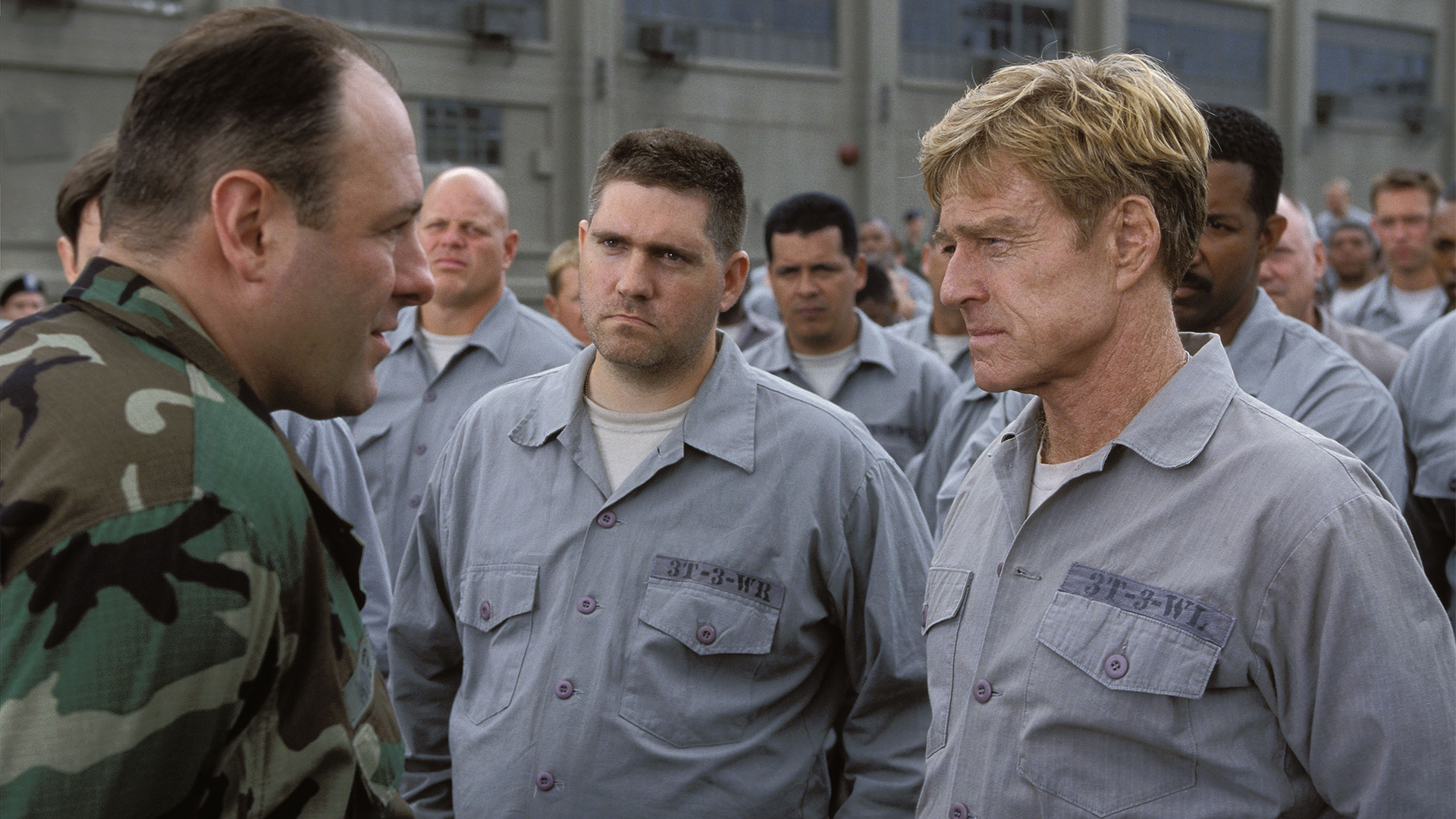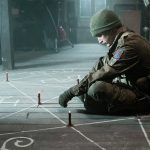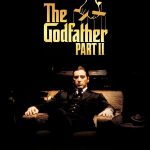The Last Castle (2001)

Suggested videos for you:
Suggested videos for you:
Suggested videos for you:
Suggested videos for you:
The Last Castle (2001), directed by Rod Lurie, is a military drama about honor, rebellion, and leadership set within the confines of a military prison. Starring Robert Redford and James Gandolfini, the film explores the battle of wills between a respected former general and the prison’s corrupt warden.
Plot: The story revolves around General Eugene Irwin (Robert Redford), a decorated military hero who is court-martialed and sent to a high-security military prison, run by the authoritarian Colonel Winter (James Gandolfini). Upon arriving, Irwin quickly recognizes that Winter abuses his power and mistreats the prisoners. Despite wanting to serve his time quietly, Irwin is drawn into a conflict with Winter when he begins to inspire the inmates to rise up against the oppressive regime.
The film builds toward a climactic showdown as Irwin organizes a rebellion among the prisoners, transforming them into a disciplined unit to take over the prison and restore their dignity.
Strengths:
- Robert Redford’s Performance: Redford delivers a commanding and nuanced performance as General Irwin. His portrayal of a principled, strong-willed leader who inspires respect even among hardened prisoners is the emotional core of the film. He brings gravitas to the role, making Irwin a compelling and believable figure.
- James Gandolfini’s Role as Colonel Winter: Gandolfini gives a subtle and complex performance as Colonel Winter, portraying a man who feels inferior and insecure, despite his outward displays of power. His dynamic with Redford is a key element of the film, as the tension between their characters drives much of the drama.
- Themes of Honor and Leadership: The film explores military concepts of leadership, respect, and honor in a unique setting. Irwin’s influence over the prisoners highlights the importance of integrity, even in a confined and corrupt environment. The contrast between Irwin’s moral leadership and Winter’s abuse of power is central to the story.

- Tension and Pacing: The film builds tension effectively, particularly as the prisoners begin to rally behind Irwin and organize their rebellion. The pacing maintains a steady sense of anticipation as it moves toward the inevitable clash between Irwin and Winter.
- Action Sequences: While much of the film is focused on the psychological battle between the two leads, the final act features well-executed action sequences as the prisoners’ rebellion comes to a head. The tactical maneuvers and military discipline on display provide an engaging and suspenseful finale.
Weaknesses:












